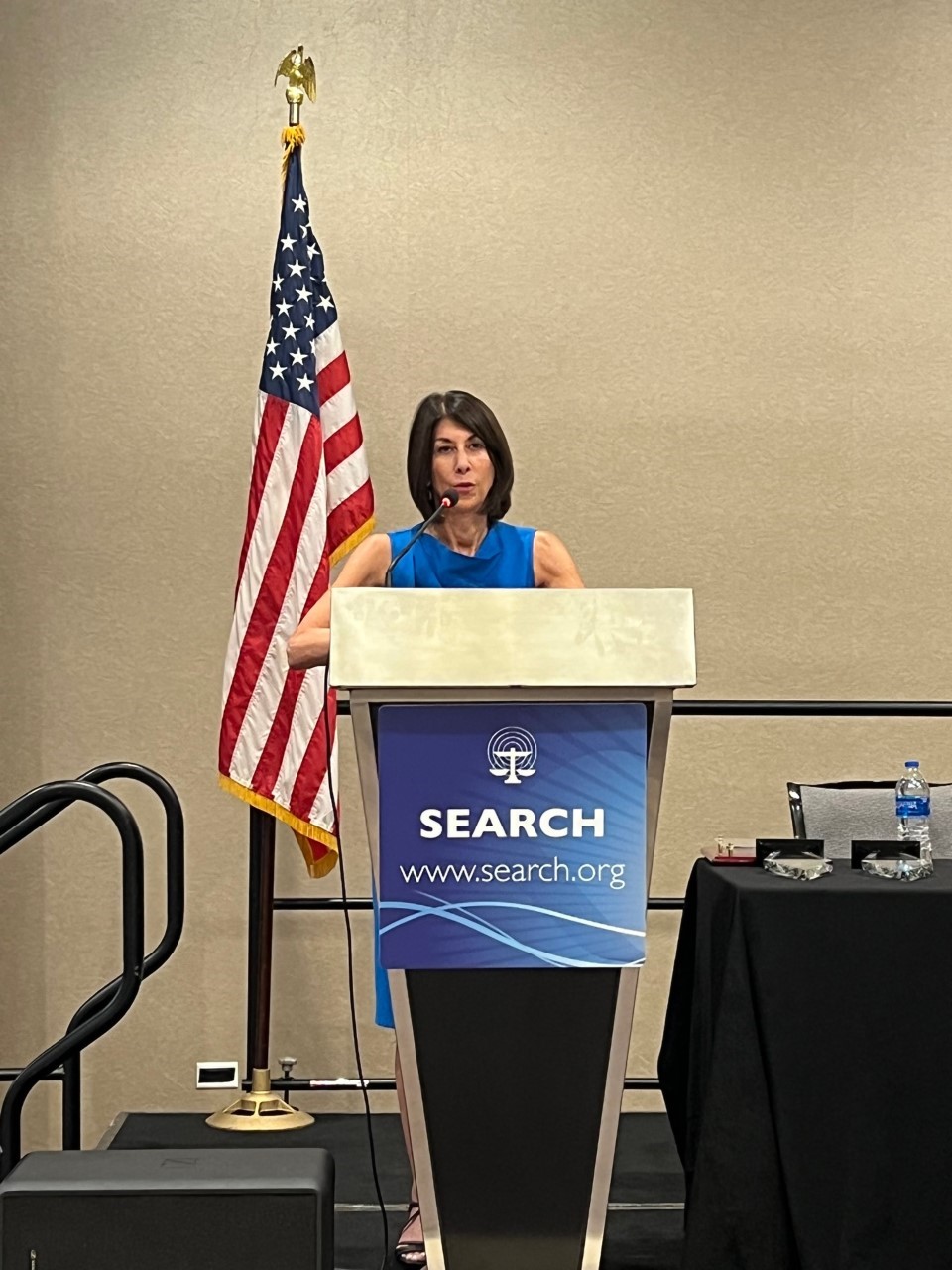Policy
Identifying COVID-19 Policies and Practice that Juvenile Justice Systems Should Maintain Long-Term: Listening Session 2: Juvenile Justice Defenders
Identifying COVID-19 Policies and Practice that Juvenile Justice Systems Should Maintain Long-Term: Listening Session 1: Juvenile Justice Crime Analysts
How Can Research Mediators Better Mediate? The Importance of Inward-Looking Processes
Incarceration and Desistance: Evidence from a Natural Policy Experiment
Mismatches and criminal justice policy: The case of GPS for domestic violence
Testing metrics for password creation policies by attacking large sets of revealed passwords
Guiding Officers to Deflect Citizens to Treatment: An Examination of Police Department Policies in Illinois
Internal Affairs Complaint Investigations: A Multi-Site Comparison
A Nationwide Assessment of Jail Reentry Policies and Practices: A Two-Tiered Study of the Field
Cannabis liberalization policies and trends in cannabis-related school-based discipline: Examining sociodemographic disparities in Massachusetts
California: A Decade of Decarceration
A multilevel analysis of juvenile life without parole and its reform: understanding the people, places, and politics that shape policy.
Inclusive Research: Engaging People Closest to the Issue Makes for Better Science & Greater Impact; 2023 NIJ Research Conference Plenary
This panel will discuss what inclusive research is, how to conduct it, and what issues and challenges exist about engaging in it. “Inclusive research” has its history as a participatory research method designed to ensure people closest to the issue or problem under study are authentically engaged in the research process rather than simply being “research subjects.” While community-based participatory research has begun to take on greater prominence in the criminal justice realm, such efforts are largely confined to qualitative research inquiries.
See the YouTube Terms of Service and Google Privacy Policy
DNAmix 2021: Laboratory policies, procedures, and casework scenarios summary and dataset
Looking Beyond the Sentence: Examining Policy Impacts on Racial Disparities in Federal Sentencing Across Stages and Groups, and Over Time
Campus Sexual Assault Responses (CSAR): Informing Trauma-Informed Policies, Protocols, and Training
Sexual violence is a significant criminal justice problem with long-term effects for its victims. In particular, sexual assault on or related to college campuses across the United States presents a growing public health and economic burden, starting with significant impacts on academic outcomes.
See the YouTube Terms of Service and Google Privacy Policy
Economic Justice for Survivors of Intimate Partner Violence
See the YouTube Terms of Service and Google Privacy Policy



